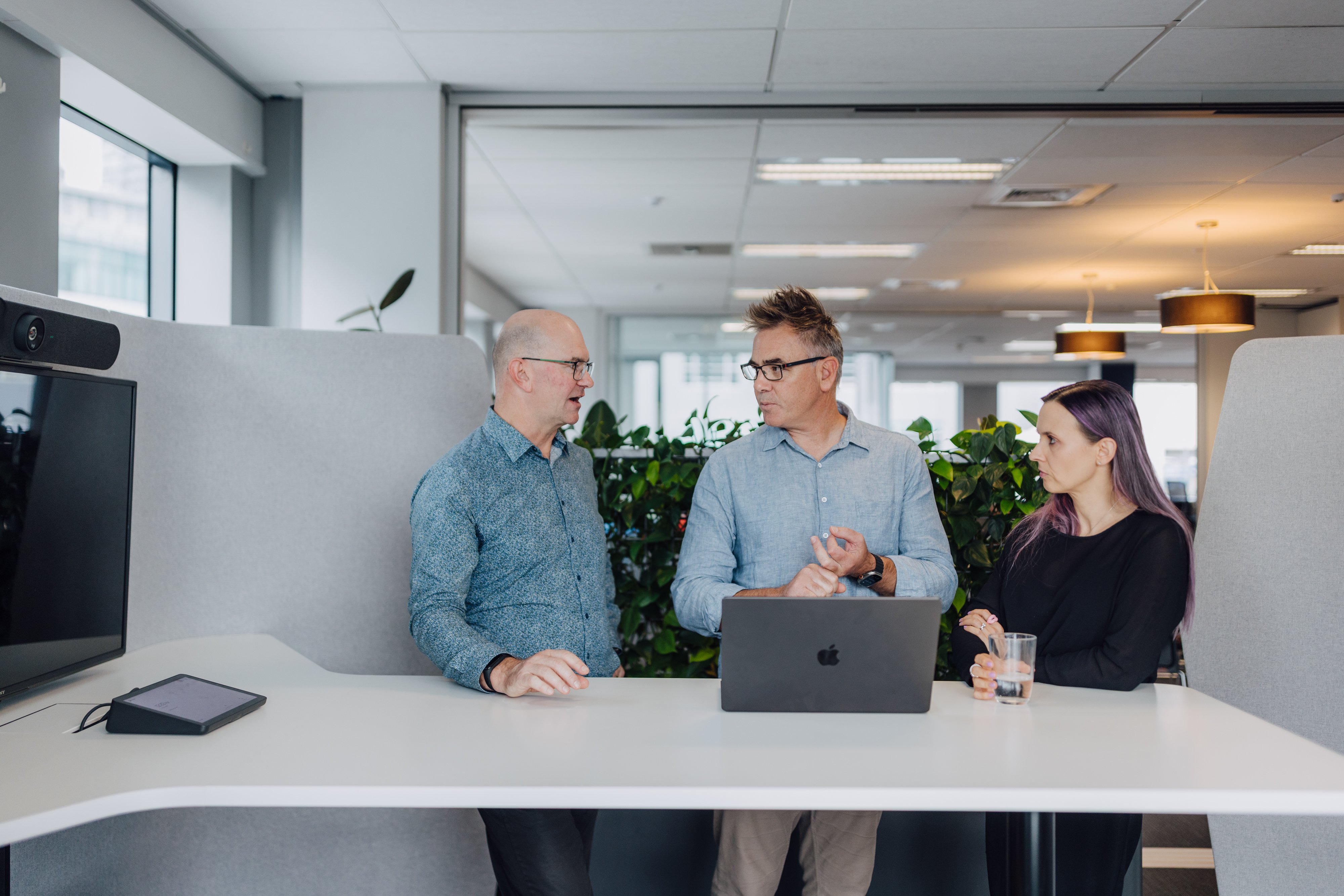ClearPoint's Chief Engineer - Cloud Ava Czechowska explores the changes arising from Broadcom's acquisition of VMware.
Today’s server and virtualisation market is an evolving industry. Over the years, it has been called different names, with Cloud Computing being the day-to-day term used in 2024. One may be thinking about the hyperscalers (AWS, Azure, Google Cloud Platform), but the industry is not limited to public clouds. There is a place and demand for private clouds or private data centers, with VMware being a dominant operator in this area. Furthermore, most of the companies participating in the Flexera 2024 State of the Cloud Report stated to adopt a multi-cloud strategy, which means that multiple clouds, whether public or private, are expected to co-exist.
Find out how ClearPoint can help you design and implement the right cloud or commercial software for your business, so you can achieve more with your budget.

Changes in licensing structures can present challenges for business, particularly medium-sized organisations seeking cost-effective solutions without compromising on performance and scalability. In light of these changes, it's crucial for organisations to reevaluate their virtualisation strategies and explore alternative options that better align with their needs.
VMware was acquired by Broadcom
VMware is an American cloud computing and virtualisation technology company, widely recognised and popular, especially when it comes to products such as VMware vSphere, VMware ESXi or VMware Horizon. The company was recently acquired by Broadcom. However, this is not the first time VMware has been involved in a merger, with a number of acquisitions dating back to 2004. In March 2024, the 100-day mark of this acquisition was passed. These changes involve adjustments in licensing models, prompting businesses to reassess their IT expenses and strategy.
The changes brought by the acquisition
On the Broadcom’s Q4 2023 earnings call it was announced that Broadcom will be divesting End-User Computing (EUC) and Carbon Black. The EUC business involves, among others, VMware Horizon, which provides virtual desktop capabilities. Another big change is the transition away from perpetual licensing to new subscription offerings. As a part of this change, VMware vSphere Hypervisor (Free Edition) has been marked as EOGA (End of General Availability). The latest guidance from VMware KB is to consider the new solutions, including the “Bring Your Own Licence” capability. Customers will be able to continue to use perpetual licences that they’ve purchased, but after some time, customers will not be able to purchase new perpetual licences.
Results of the changes
It’s sensible to expect some level of uncertainty and confusion with a big move like this. However, Broadcom announced that this should lead to a dramatic simplification of their product portfolio, which in turn stems from customer and partner feedback over the years stating that the offers and go-to-market are too complex. Furthermore, Broadcom stated that they will not raise prices as part of their strategy to increase VMware's profits (source: IDC Report). Considering all that, time and effort will have to be spent to support this transition and evaluate the options.
Our recommendations
ClearPoint is always happy to support you. Following the recommendations made by the IDC Report, it makes sense to be patient, connect with your VMware agent to verify if and how you are impacted by the changes, and to critically assess the situation, focusing on what matters to you, while considering the budget and operational efficiency. ClearPoint is happy to understand and provide options for your requirements, including:
- Flexibility needs - many medium-sized companies require flexible licensing options that can scale with their evolving business needs. Traditional VMWare licensing models might not offer the desired level of agility, hindering scalability and adaptability.
- Vendor lock-in concerns - while working with a single infrastructure vendor might be less complex than using the services of multiple vendors, there is a risk of vendor lock-in, which can limit your ability to explore alternative innovative solutions or to negotiate favourable terms.
- Modern solutions and innovation - ClearPoint can support you in your journey to containerisation, serverless, and cloud-native architectures. You may be interested in exploring ClearPoint’s cloud foundations offerings with AWS Control Tower or Azure Landing Zone.
ClearPoint provides bespoke services to meet the unique requirements of our clients. Taking a technology-agnostic approach, we can help you leverage a diverse ecosystem of technologies, without being locked into a single vendor's ecosystem.
Contact ClearPoint today to learn more about how we can help your business thrive in the evolving digital landscape.




